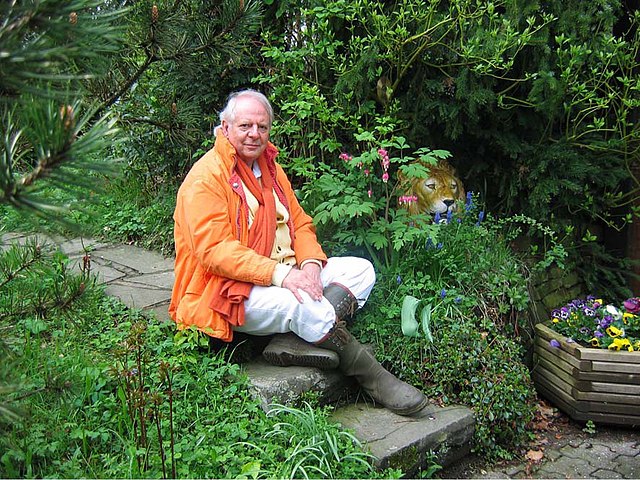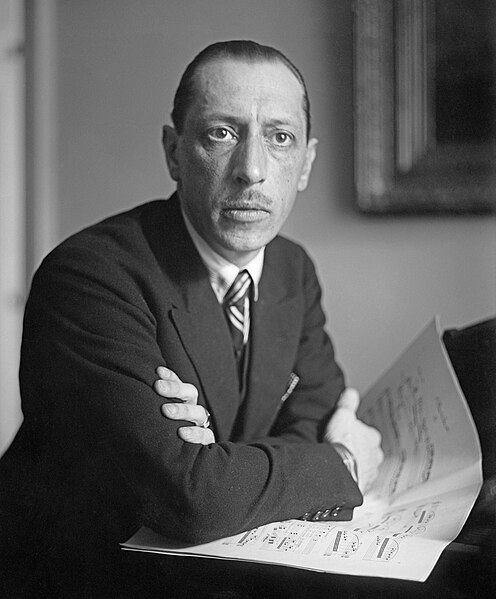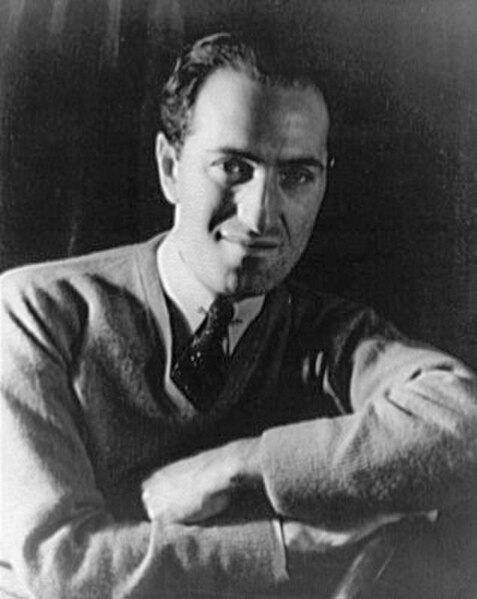Karlheinz Stockhausen was a German composer, widely acknowledged by critics as one of the most important but also controversial composers of the 20th and early 21st centuries. He is known for his groundbreaking work in electronic music, having been called the "father of electronic music", for introducing controlled chance into serial composition, and for musical spatialization.
Stockhausen in the Electronic Music Studio of the WDR, 1994
Altenberger Dom, c. 1925, where Stockhausen had his first music lessons
Stockhausen in the garden of his home in Kürten, 2005
Stockhausen lecturing at the 12th International Summer Courses for New Music in Darmstadt, 1957
20th-century classical music
20th-century classical music is art music that was written between the years 1901 and 2000, inclusive. Musical style diverged during the 20th century as it never had previously, so this century was without a dominant style. Modernism, impressionism, and post-romanticism can all be traced to the decades before the turn of the 20th century, but can be included because they evolved beyond the musical boundaries of the 19th-century styles that were part of the earlier common practice period. Neoclassicism and expressionism came mostly after 1900. Minimalism started much later in the century and can be seen as a change from the modern to postmodern era, although some date postmodernism from as early as about 1930. Aleatory, atonality, serialism, musique concrète, electronic music, and concept music were all developed during the century. Jazz and ethnic folk music became important influences on many composers during this century.
Arnold Schoenberg, Los Angeles, 1948
Igor Stravinsky
George Gershwin
Claude Debussy, c. 1900








